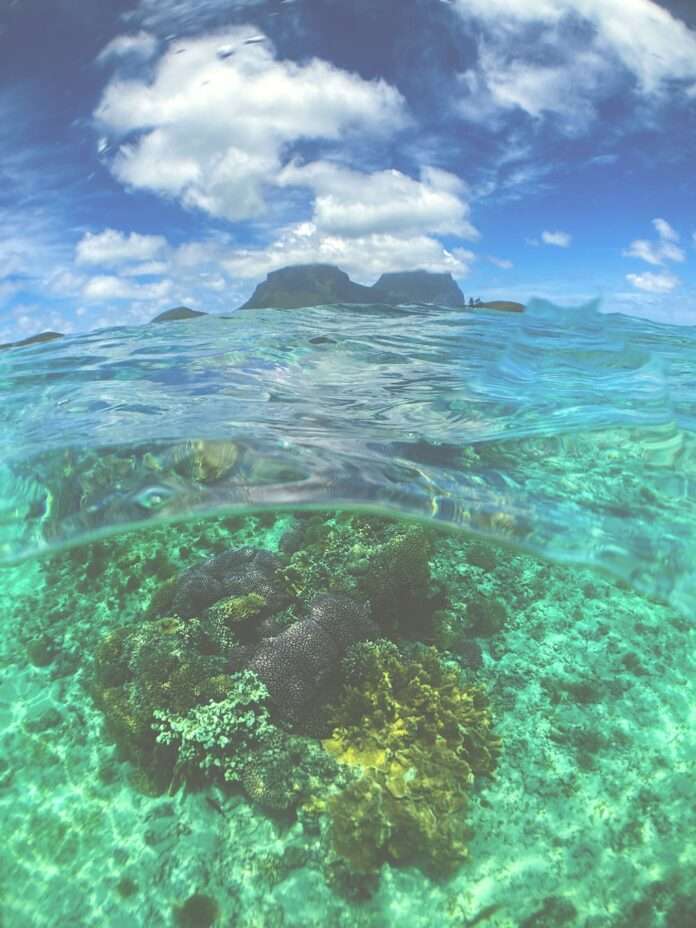As coral reefs face increasing pressure during what was just the hottest July on record, candy bar maker Mars led one of the largest reef restoration efforts in history.
Coral reefs are in trouble.
July’s global heatwave, which United Nations General Secretary António Guterres recently dubbed ‘global boiling’, made the waters off the coasts of the Florida Keys so warm that scientists are now removing coral samples from the waters in order to protect them. Florida surface water temperatures surpassed 90 °F several times in July, hitting a record-setting 101.1 °F in Manatee Bay, a sound near Key Largo, earlier this week.
The rescued corals are being transplanted to cooler nurseries, but as climate change is expected to continue to impact the world’s oceans, these transplants are not long-term solutions to protecting vital reefs.
Reefs in hot water
“Hot water is not good for any marine organism, whether it be coral, fish or lobster. So we run the risk of having massive fish die offs, sea turtle die offs, things like that,” Alex Neufeld, projects coordinator with the Coral Restoration Foundation, said in a statement.
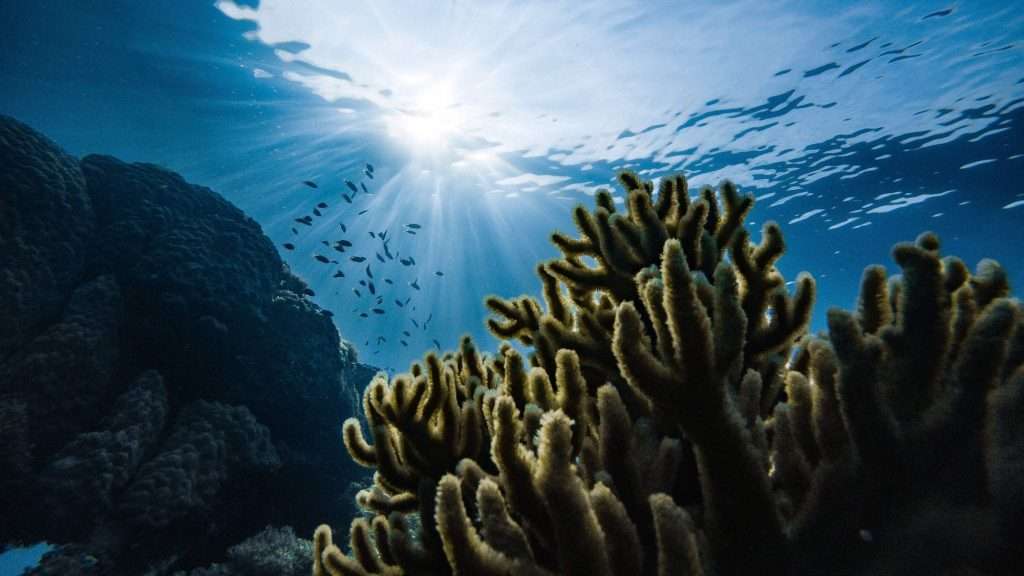
“This is the worst that I’ve seen. And I think many people would agree that… it has the potential to be the worst one that the Keys has ever experienced,” Neufeld said.
Reefs have been facing issues for years, with bleaching — the expulsion of symbiotic algae that provide coral nutrients and their bright colors — becoming more widespread due to changes in ocean pH from rising temperatures, microplastic, and toxic sunscreens. Scientists say bleaching has already increased over last year, even despite protection and restoration efforts in reef-dependent regions.
Loss of Florida reefs means losses to the local economy, too; the National Oceanic and Atmospheric Administration says Florida’s reefs generate more than $2 billion in local revenue and support more than 70,000 workers.
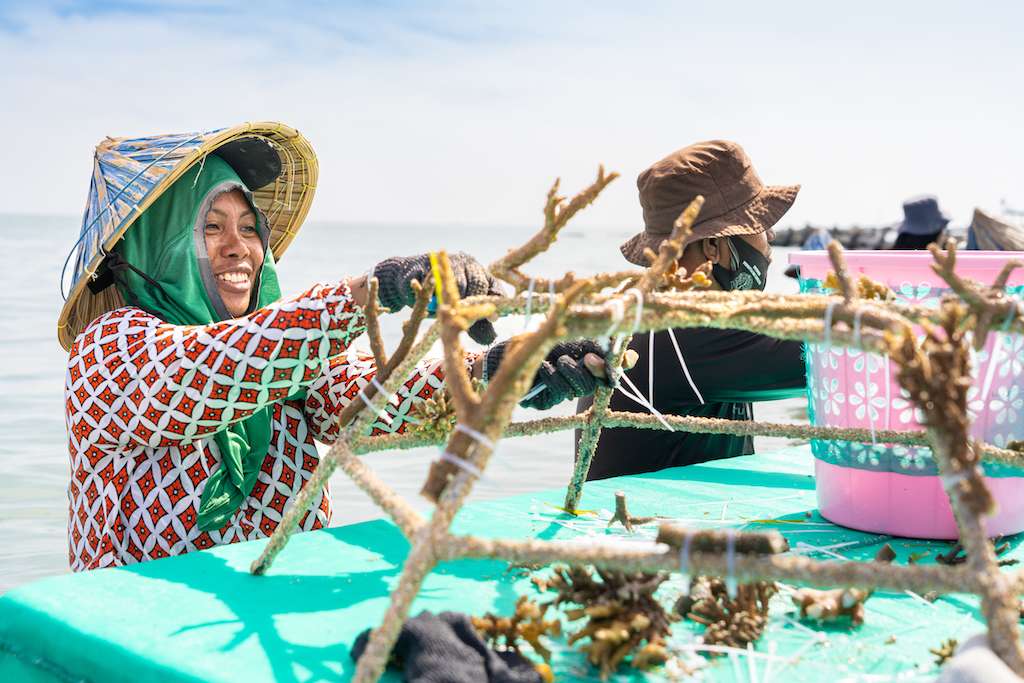
Australia’s Great Barrier Reef — the largest in the world — has been facing challenges for years. A recent draft decision from UNESCO said the reef has just narrowly avoided placement on the list of world heritage sites ‘in danger’. UNESCO and the IUCN recommended the reef be put on the Sites in Danger list last year.
But efforts across the country, including legislating emissions cut by 43 percent by 2030 and a goal to reach net zero by 2050, have helped keep it off the list — for now. But the agencies say the reef still faces serious threats, and with rising ocean temperatures expected to continue, the continent could see unprecedented temperatures by next summer.
30,000 coral restoration project
The news comes as snack and candy bar maker Mars, Inc., organized one of the largest coral restoration events in history in an effort to counter the worldwide marine crisis.
The Mars-led event, ‘The Big Build’, witnessed the restoration of an enormous reef area covering 2,500 square meters and the planting of 30,000 corals. The initiative was driven by 44 stakeholders from various sectors including government, NGOs, businesses, and local communities, emphasizing the significance of cross-sector collaboration to achieve broad-scale coral restoration.
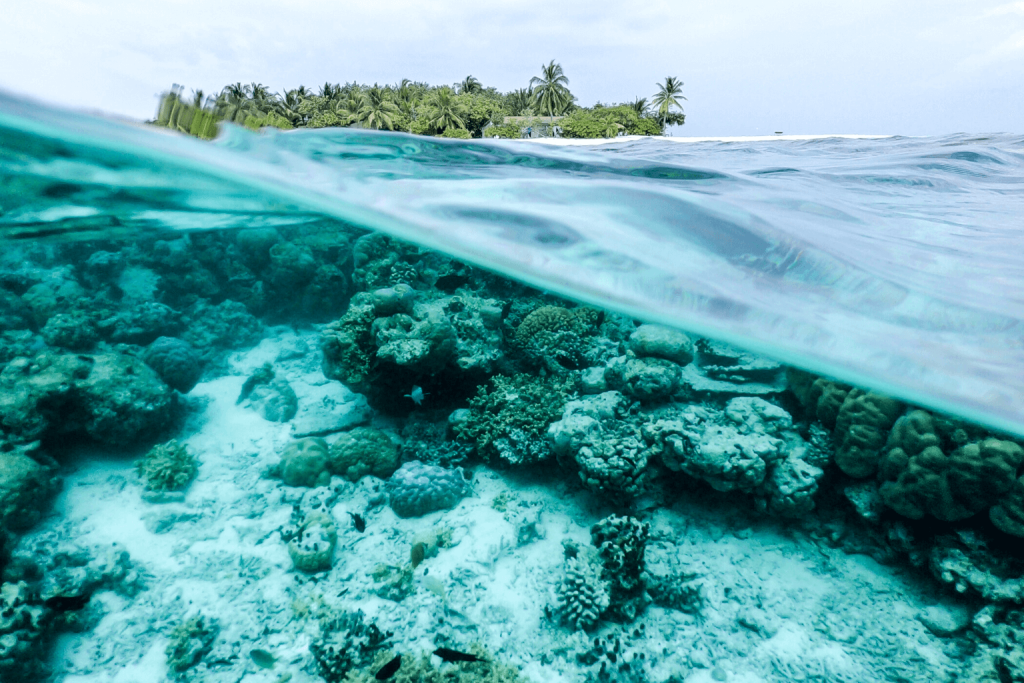
‘The Big Build’ took place in the Spermonde Archipelago, Indonesia — the heart of the planet’s most diverse and biologically rich marine ecosystem known as The Coral Triangle.
As part of the program, national partners received training in the Mars Assisted Reef Restoration System (MARRS), a method that expedites reef restoration by enabling teams of four divers to install 500 reef stars within two days. The training served to augment global proficiency to carry out coral restoration at scale and accelerate necessary ecological change.
Mars Sustainable Solutions (MSS) has been supporting coral reef restoration efforts for nearly two decades, leading one of the globe’s most expansive programs. The initiative, launched in 2006, concentrated on the biodiversity of the Spermonde Archipelago in Indonesia.
The program currently encompasses more than 30 reefs in ten countries across five continents, and together with its global partners, Mars has installed more than 60,000 Reef Stars and planted 900,000 coral fragments.
“14 years ago, I asked a small team of Mars Associates a simple question if it would be possible to rebuild a coral reef ecosystem. And today, I’m proud to say that the answer is yes, both technically and scientifically,” Frank Mars, Board Member and Former Board Chair of Mars, said in a statement.
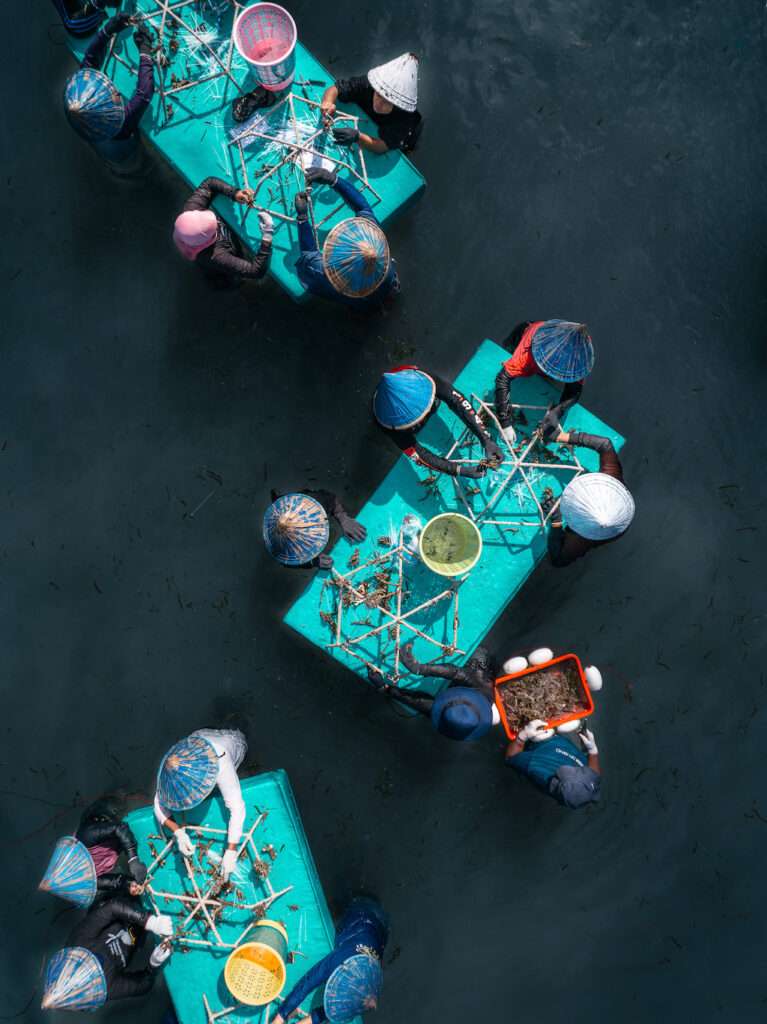
Mars said ‘The Big Build,’ demonstrates that it is possible to deliver resilient coral restoration “at a large scale.”
The Big Build is a part of the SHEBA Hope Grows initiative, which includes more than 500 people actively working toward the restoration of 185,000 square meters of coral reefs by 2029. These restoration efforts have resulted in an increase in coral growth, fish population, and fish species.
“The world we want tomorrow is not going to materialize on its own,” Mars said. “The success of SHEBA Hope Reef demonstrates that we can change the course of coral reefs if we collectively change how we live, work, and play together today.”
Related on Ethos:


